Digital Marketing Modules
This blog will discuss various modules of digital marketing. It also explains why each module is so important in digital marketing. What are they doing to help your business grow? These blogs also list five key modules. This list includes SEO, SMO, and search engine marketing. It also includes social media marketing and email marketing.
The blog also explains how SEO can help brands rank higher in search engines. It also discusses how SMO can help businesses promote themselves via social media. It also explains how SEM, SMM, and PPC can be used to promote products and services. Email marketing is described as a tool. Businesses need to know how to send targeted email messages to market their products.
All these modules are essential for digital marketing to help businesses grow. They also help to increase revenue. These modules can be combined to create a solid digital marketing strategy.
Without a solid understanding of digital marketing, mastering digital marketing can be difficult. Only an integrated approach to digital marketing can achieve the digital marketing goals. Digital marketing can be broken down into many modules or aspects that complement each other. It is therefore important to understand each block. What is more, why is it important for any business? We will detail each module individually in the next lines.
Various Modules in Digital Marketing
Search Engine Optimization
SEO can also be known as Search Engine Optimization. SEO is a method to increase traffic to your site. Only organic search engine results can achieve this. SEO also covers both technical and creative aspects. These features will help increase your website's traffic. This feature will also help improve rankings and increase awareness on search engines.
Uses of SEO
- SEO's most important purpose is to increase traffic
- SEO also has the added benefit of increasing brand credibility
- Small businesses can also benefit from a high return on investment.
Why do businesses need SEO?
SEO is essential if we are to grow our online business. It is only possible when your website traffic increases. You will also see more customers purchasing your products and services if you have more traffic. You will see more income. You need SEO because people will need to find you online.
Search Engine Marketing
Search engine marketing is a crucial component of digital marketing. It is, however, a form of paid search marketing. Businesses pay Google and other search engines to show their ads.
This is also called click-per advertising. PPC refers to the payment of businesses for people clicking on their ads in search engines.
Uses of SEM
- Advertising is made easier by the increased visibility of websites in different SERPs.
- It also helps to bring qualified leads into your business.
- It also increases your visibility on search engines.
Why need SEM?
SEM is an important tool for online businesses. Paid ads help businesses make sure their brand name appears in search engines at the right place and time. SEM is used to market brands.
Social Media Marketing
SMM is another name for social media marketing. It is an internet marketing technique. It uses social networking sites as marketing platforms. Social media platforms like Facebook, Instagram, and Twitter can be used to promote brands/services.
Uses of SMM
- It is a great way to spread the word about your company to a wide audience.
- You can also promote your brand to all ages through social media.
- All statistics are possible.
- SMM also allows for two-way communication.
- It also helps you to learn more about your audience.
Why do businesses need SMM?
SMM is essential for businesses because it allows them to reach people via social media. You can reach all age groups and all demographics. It can help you grow your company and generate revenue. Your brand/company is shared by users via their social networks. This can increase customer traffic as well as brand exposure.
Social Media Optimization
SMO stands for Social Media Optimization. SMO is very similar to SEO. In SEO, your content is optimized for search engines. SMO optimizes your content for social media platforms. SMO uses a variety of platforms and outlets to create advertising. It helps increase awareness about your brands, products, and services via social media.
Uses of SMO
- It facilitates customer retention through increased sales via social media interactions.
- It increases brand recognition and improves its image.
- It also helps to build trust between customers, the brand, and each other.
Why do businesses need SMO?
SMO is essential for businesses more than ever. Because the SMO's capabilities have expanded, this is why more businesses need it. It uses more than social media, blogging, or video sites. It also uses bookmarking, and RSS feeds to promote online business. Social media marketing campaigns must be improved by brands. They need a strategy that has clearly defined goals. SMO assists businesses in creating a strategy for increasing their online presence. This can only be done with tangible results.
Email Marketing
Email marketing is an essential component of digital marketing. It allows you to send a well-organized message to your target audience. Email marketing is about marketing your products, services, or brands. This is accomplished by sending personalized messages and offers to current and potential customers.
Uses of Email Marketing
- Reach out to people via any device
- Credibility builds
- Sales increase
- Customers are more satisfied
- Very economical
- Higher ROI
Why do businesses need Email marketing?
Email marketing is essential for businesses because it can increase revenue. This allows for a favorable return on investment, which in turn increases profits. It also keeps costs low. It allows businesses to instantly send their message to large numbers of people. Businesses can get a lot of publicity for their brands.
Conclusion
These modules provide an overview of the digital marketing requirements. These modules are essential for businesses to grow their business. They are also essential for a business' growth, traffic, and lead generation.




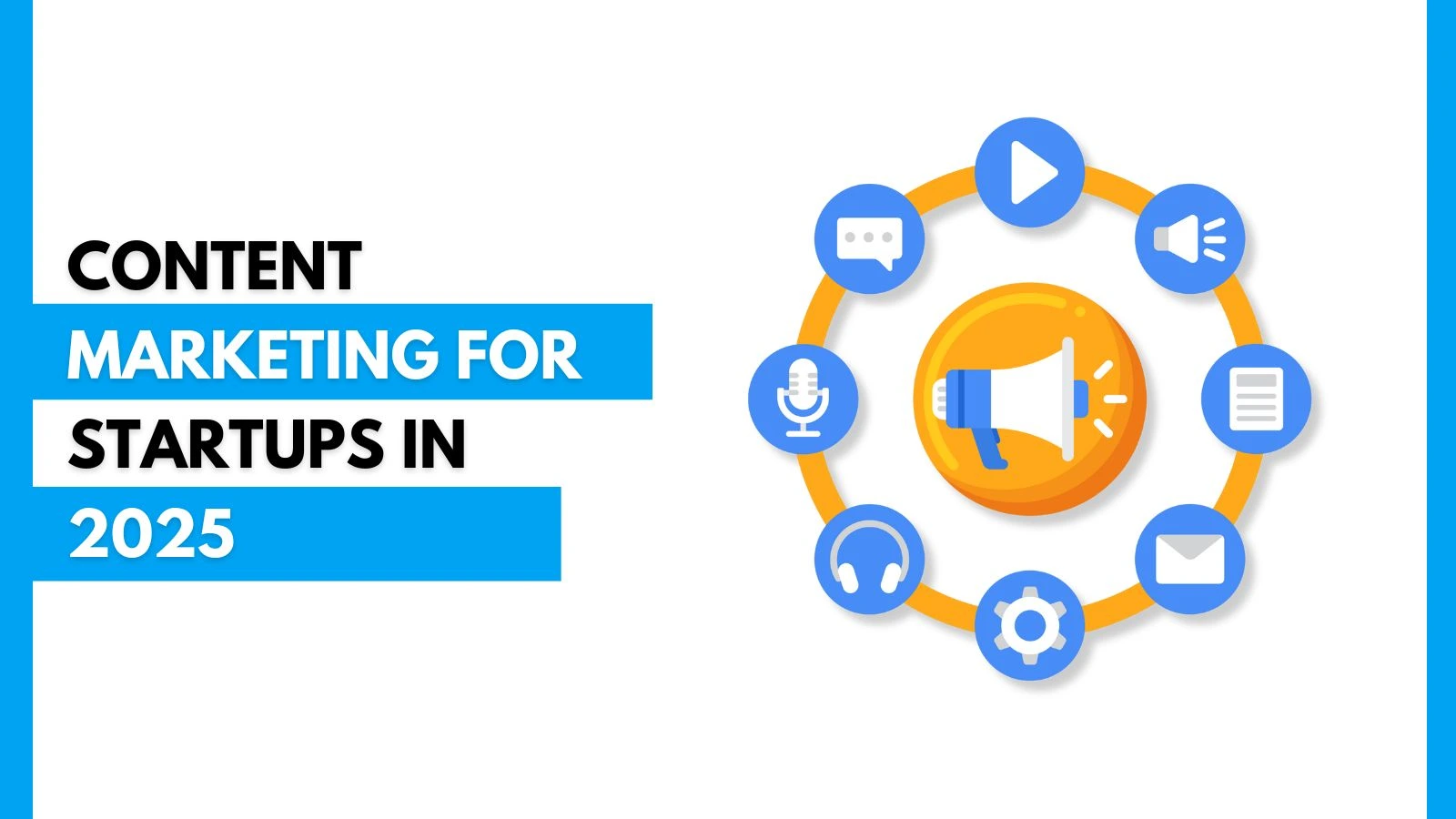
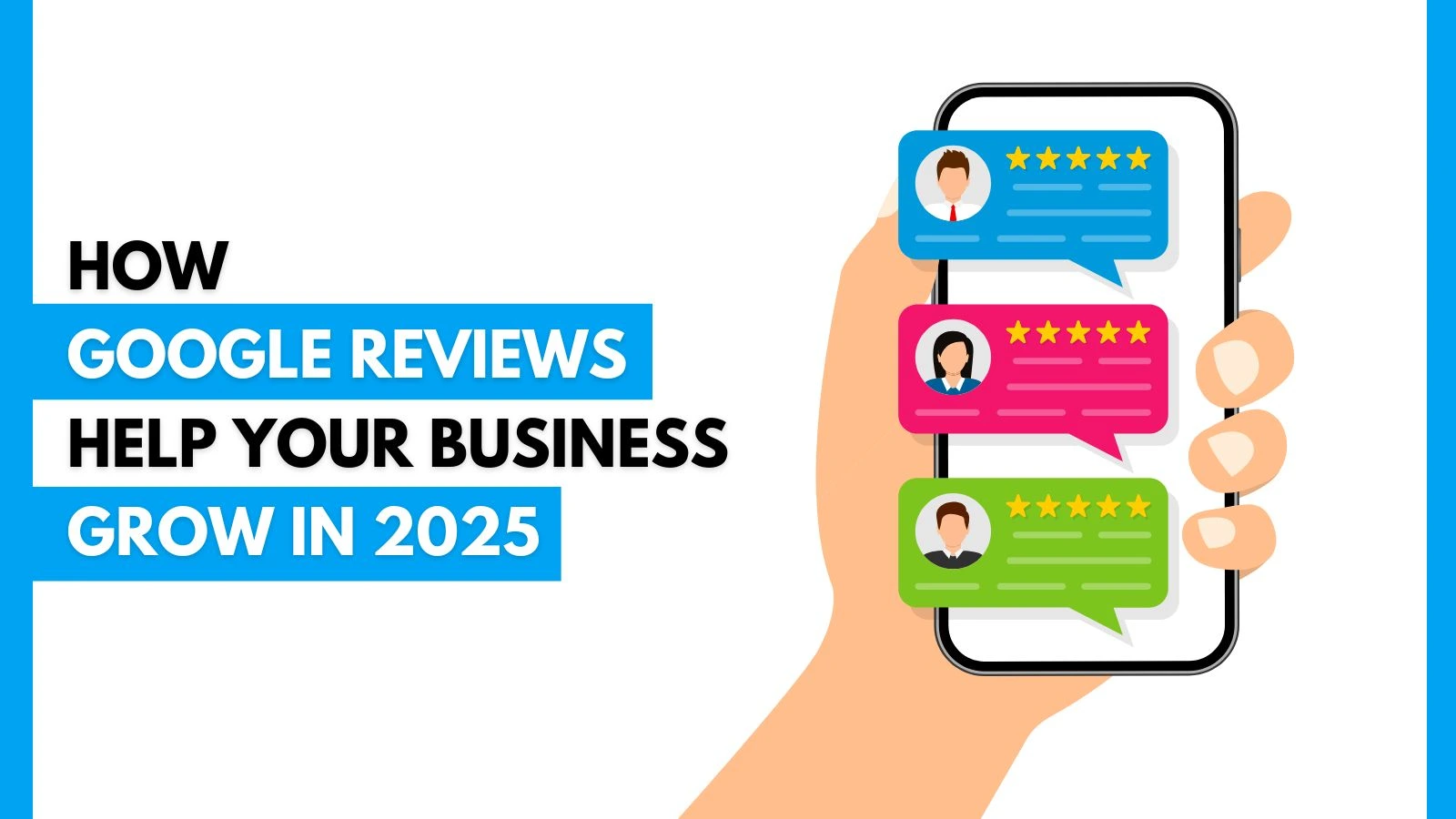
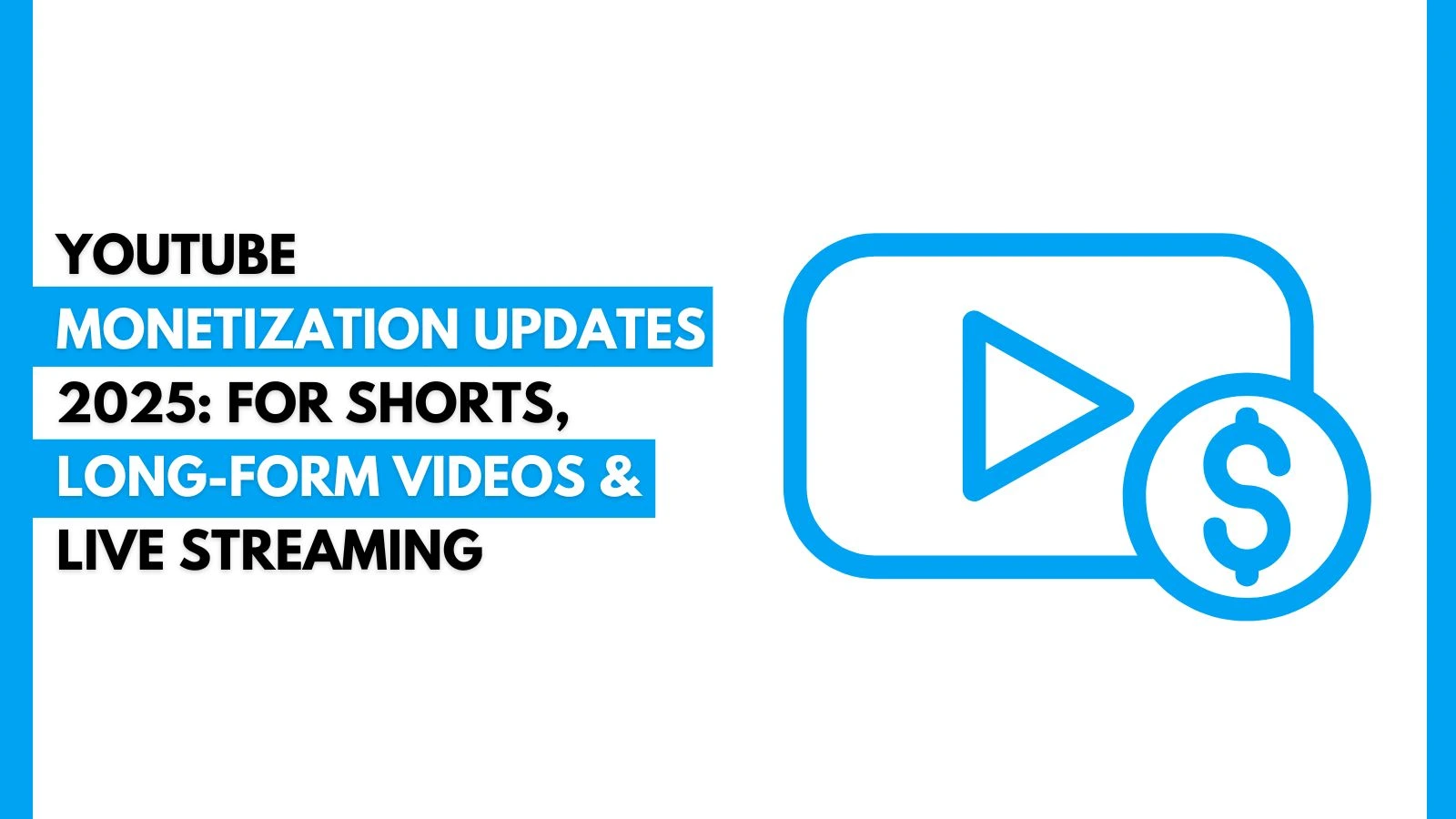
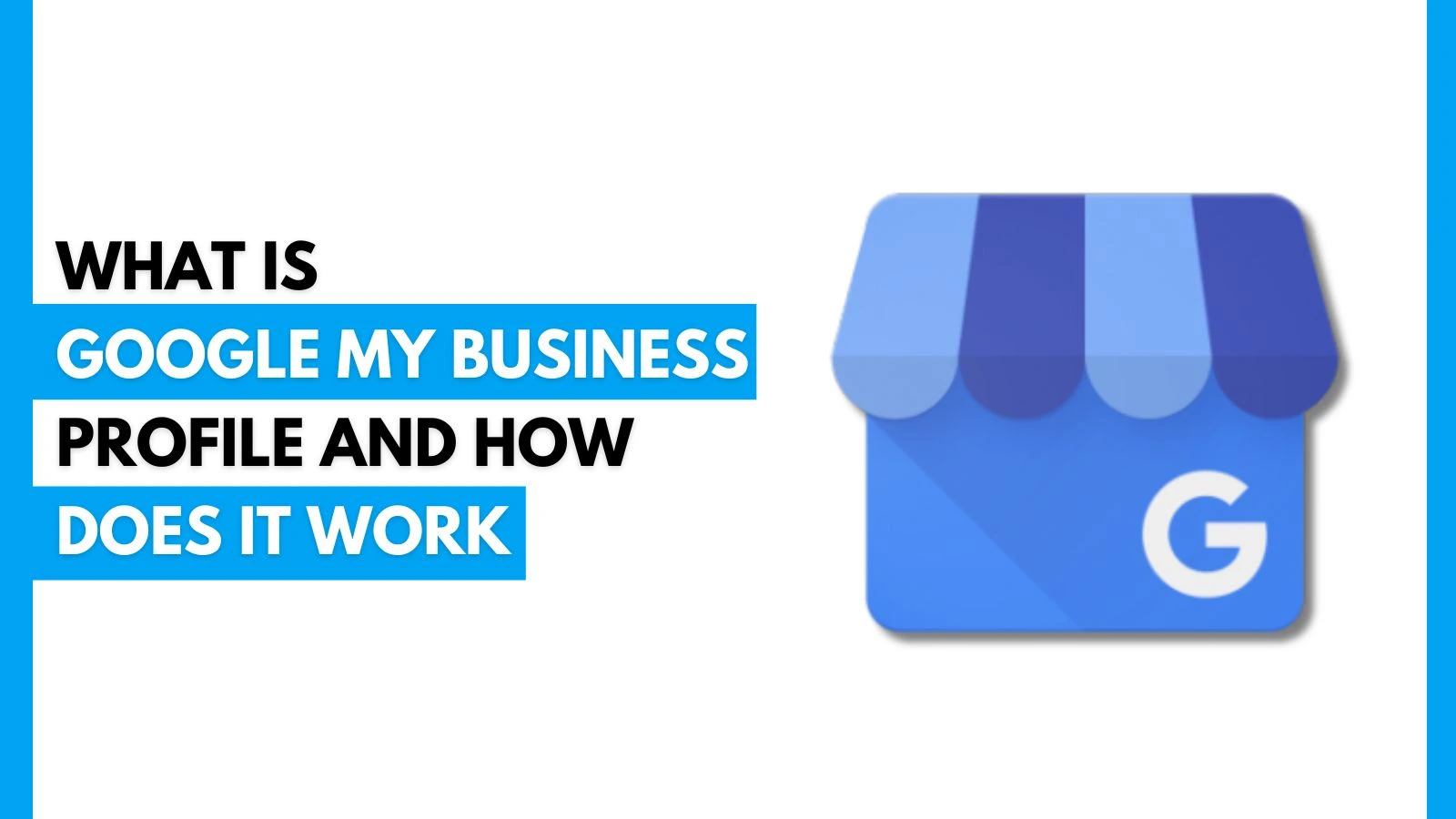
.webp)
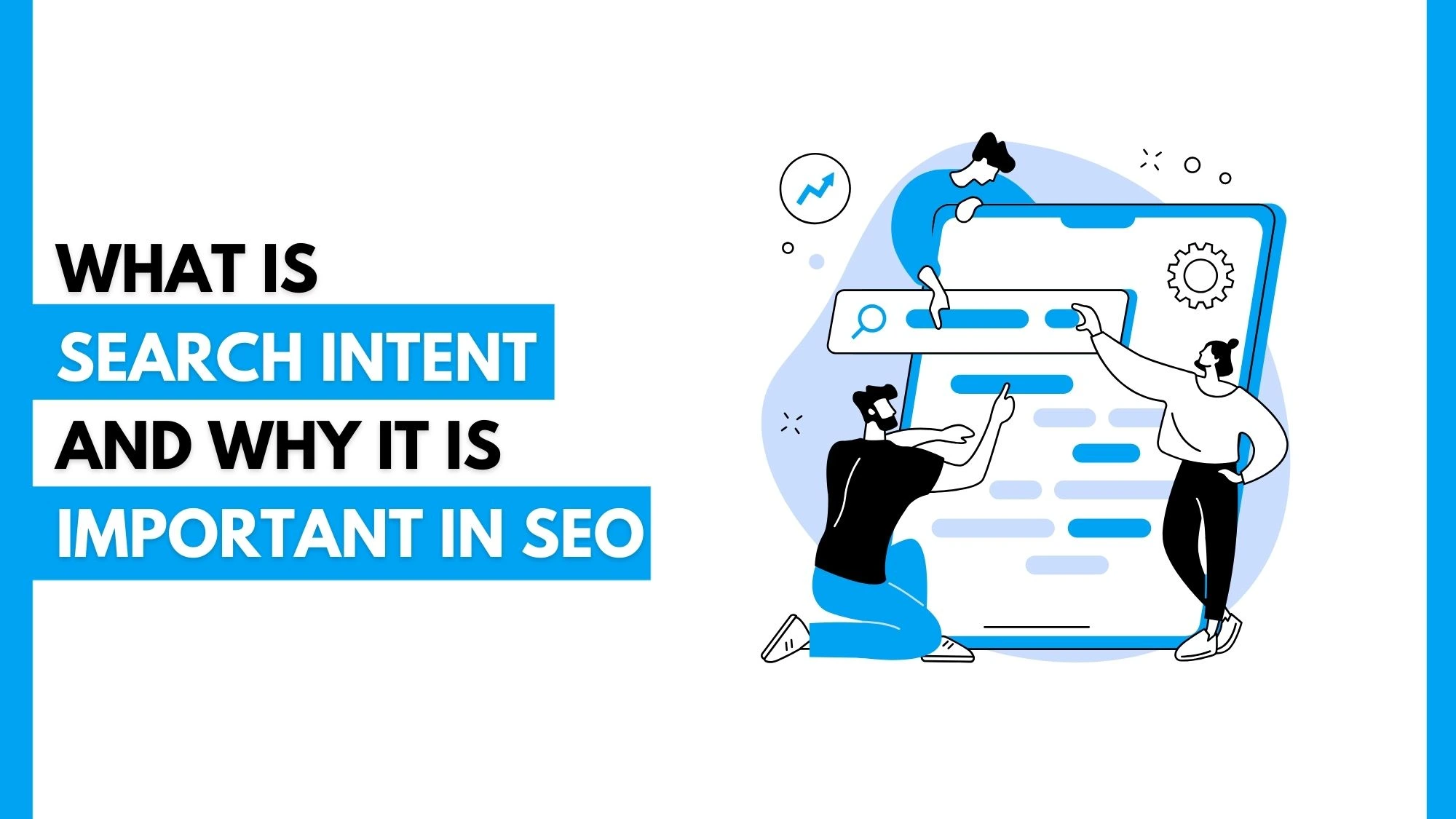
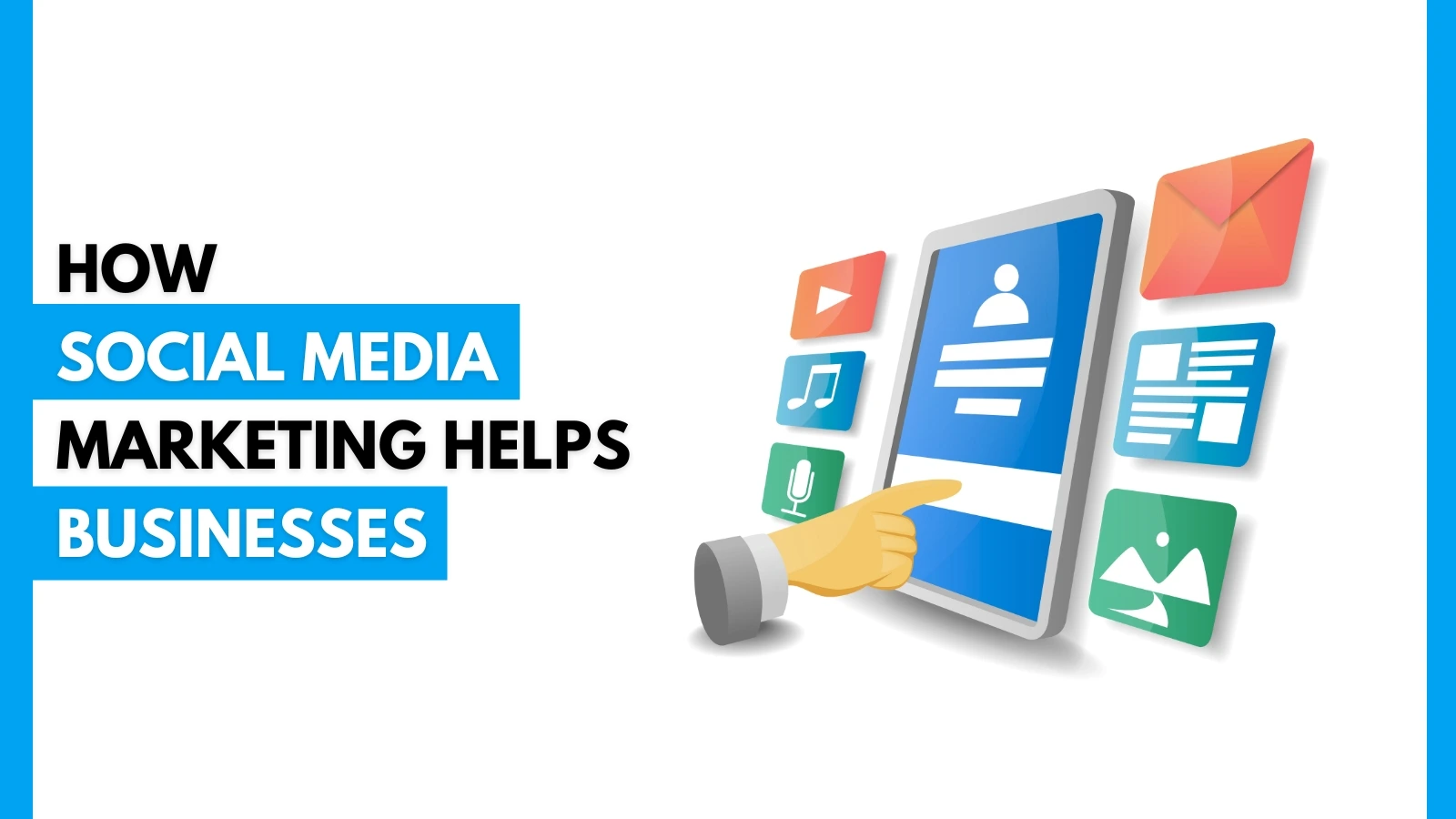
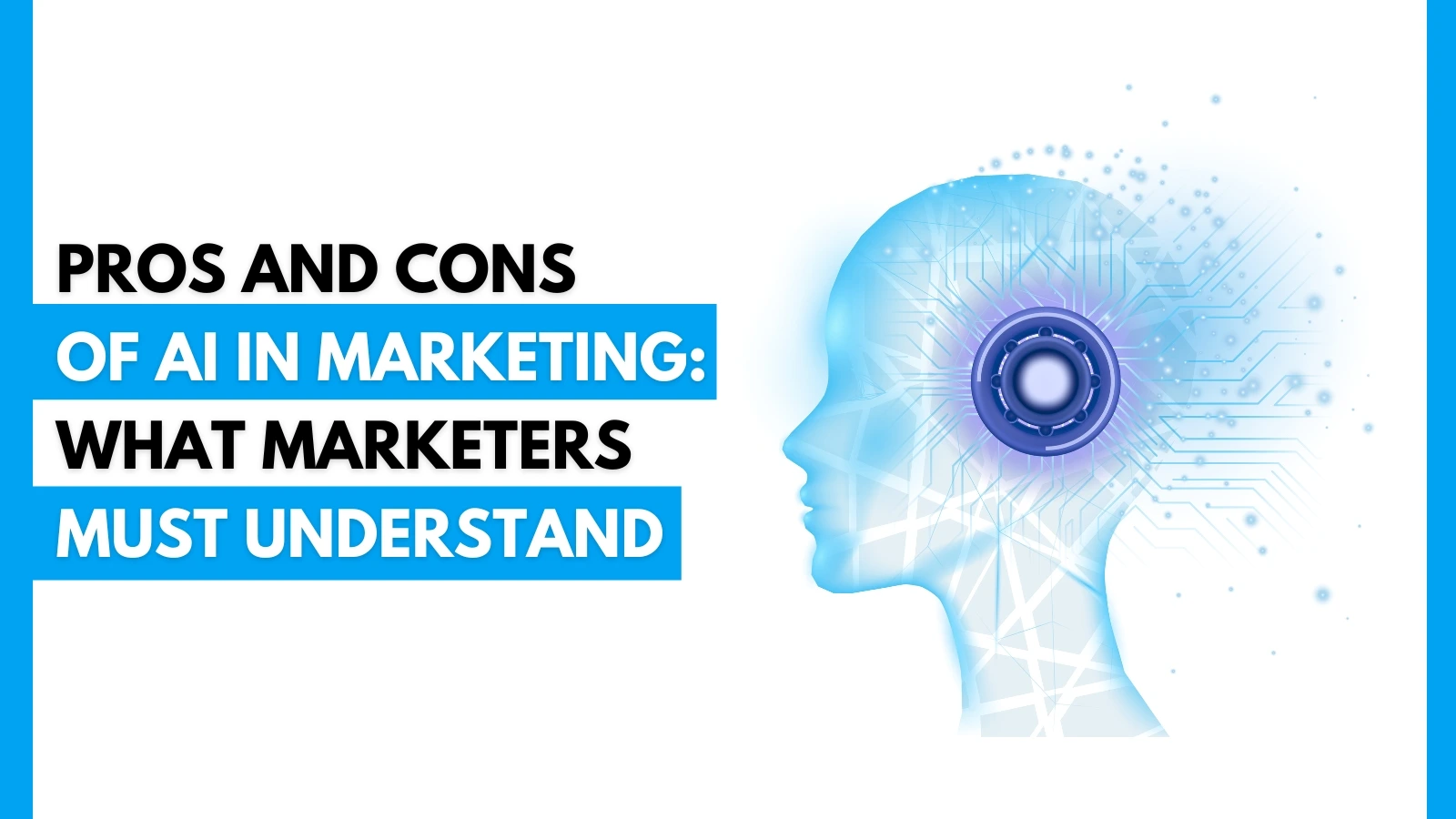
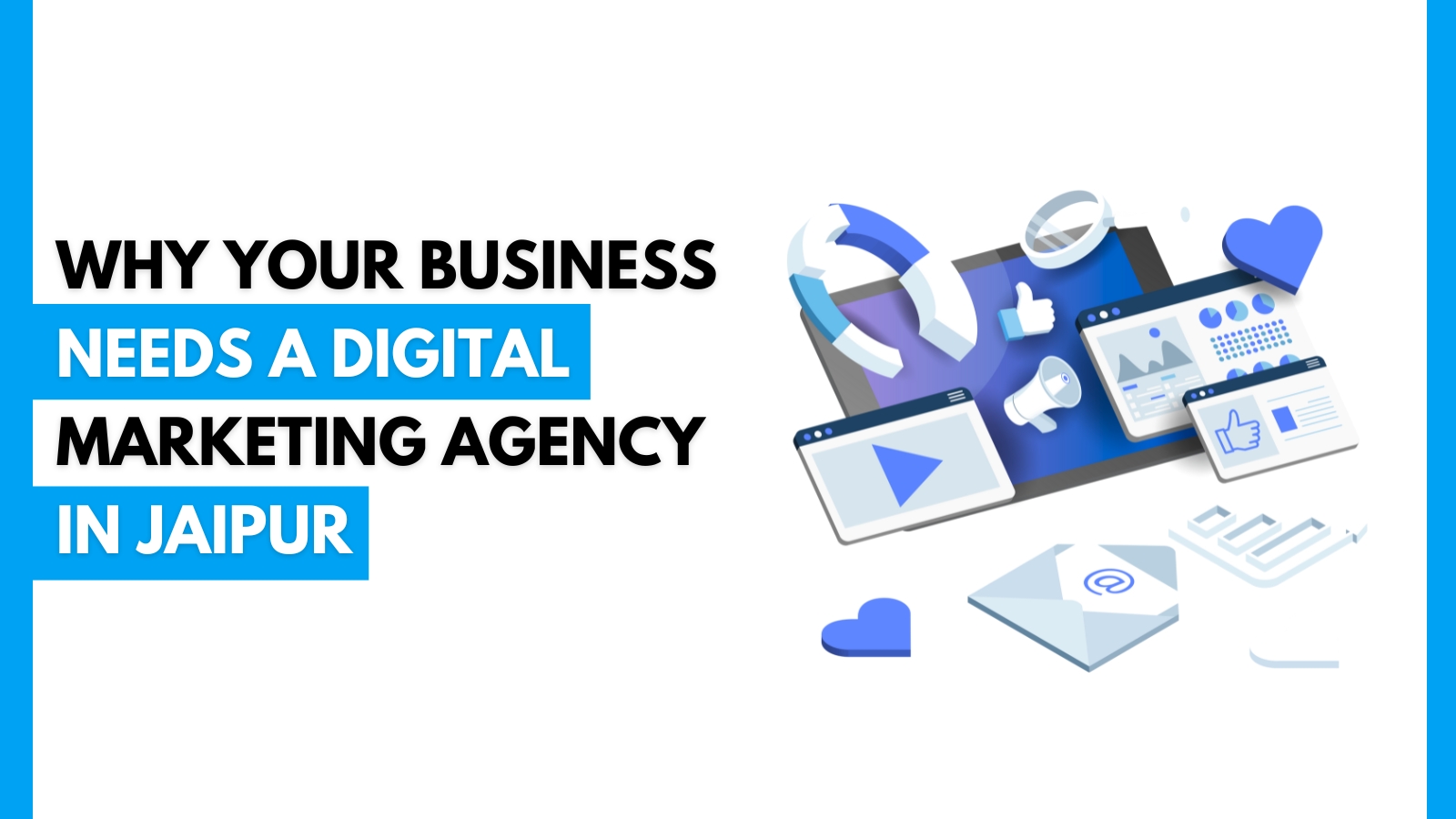
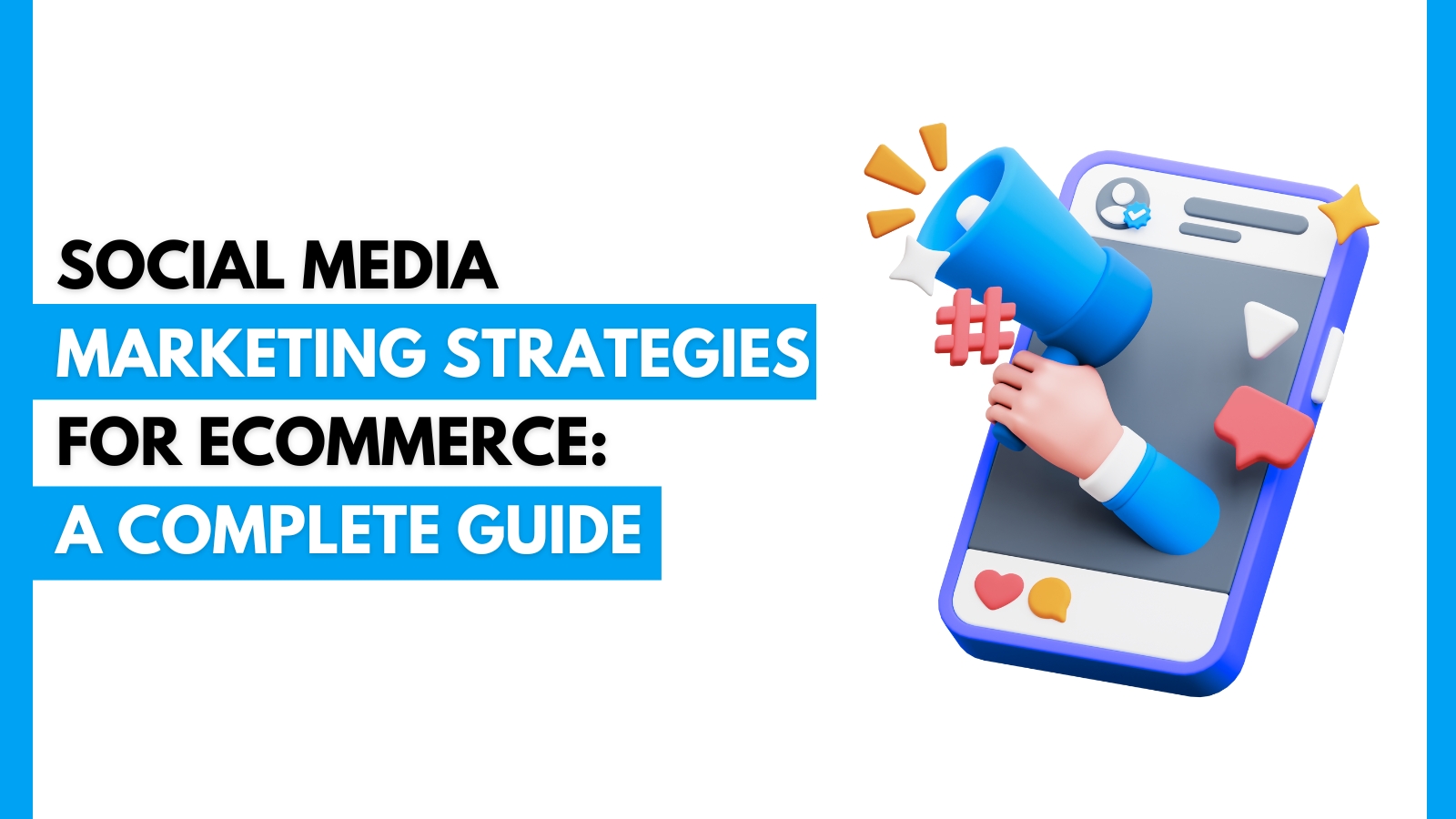

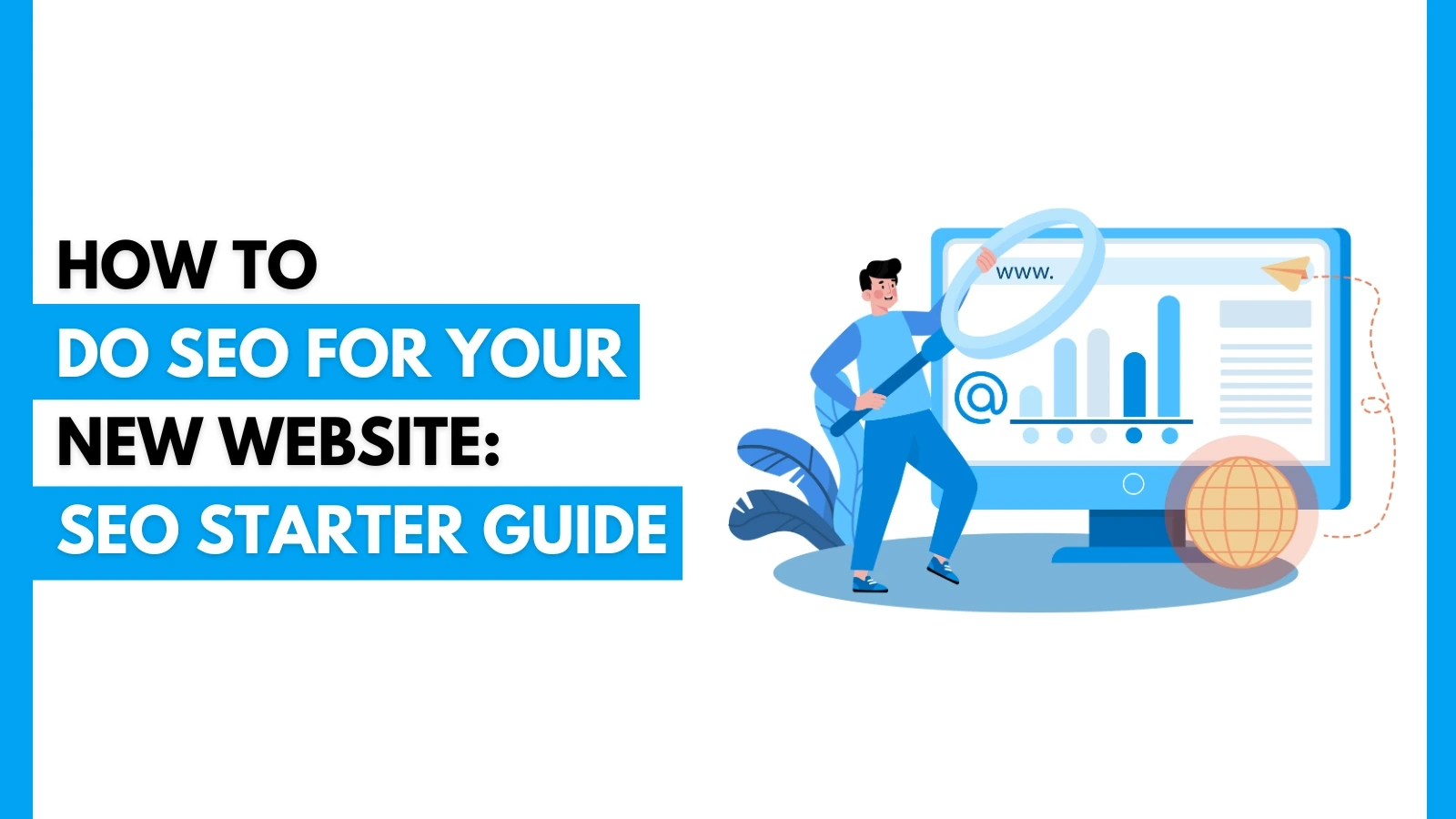
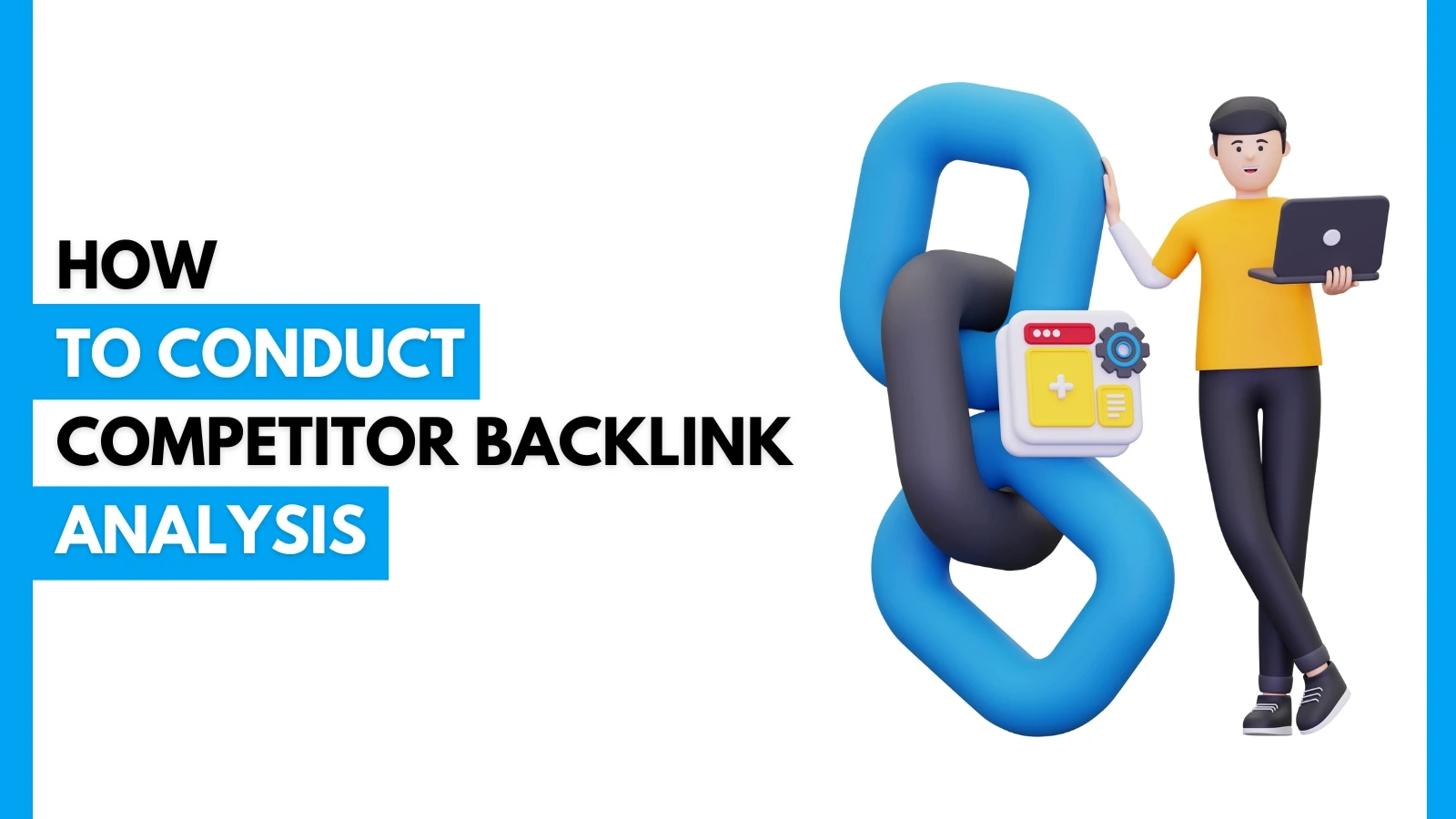
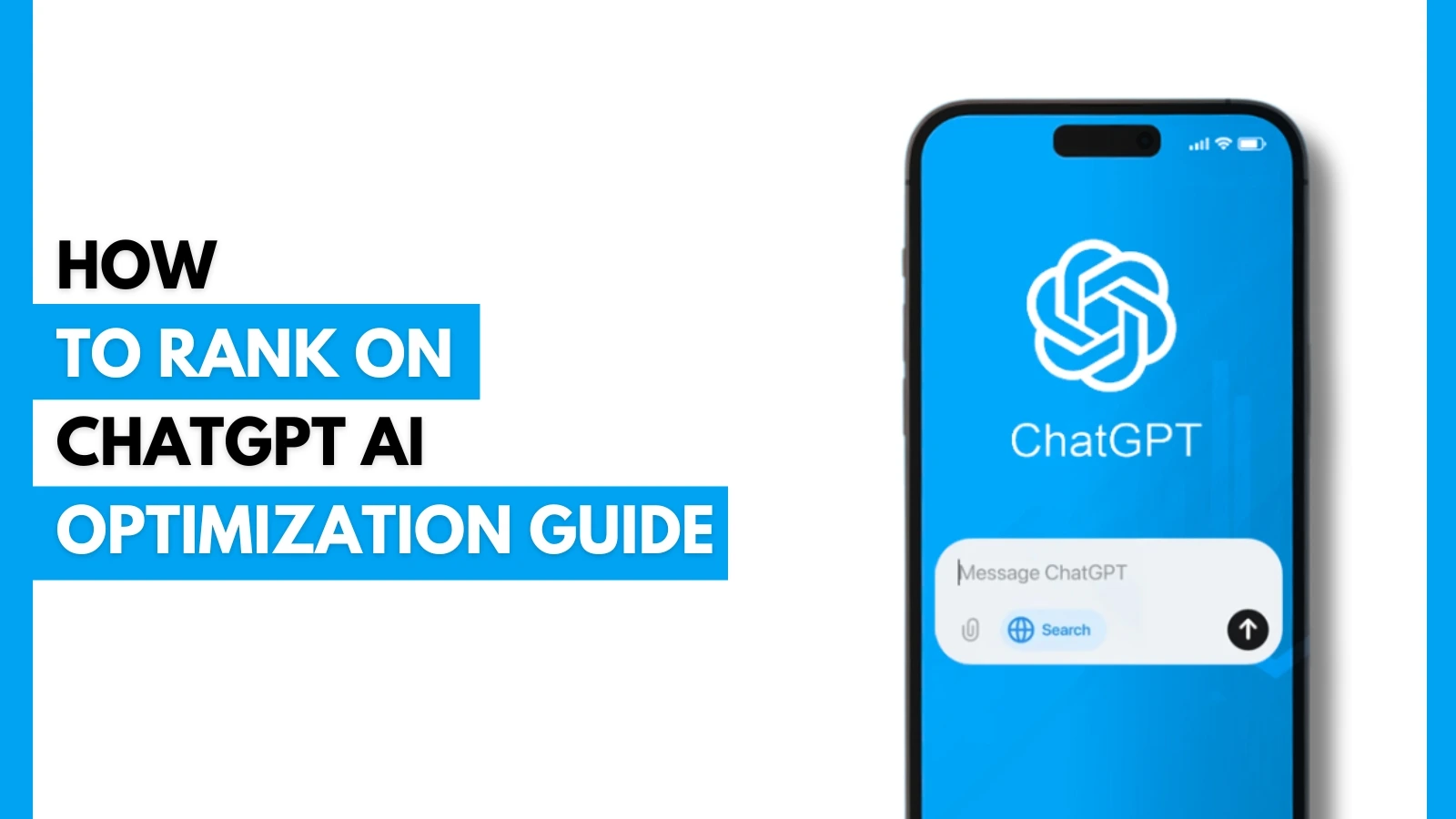
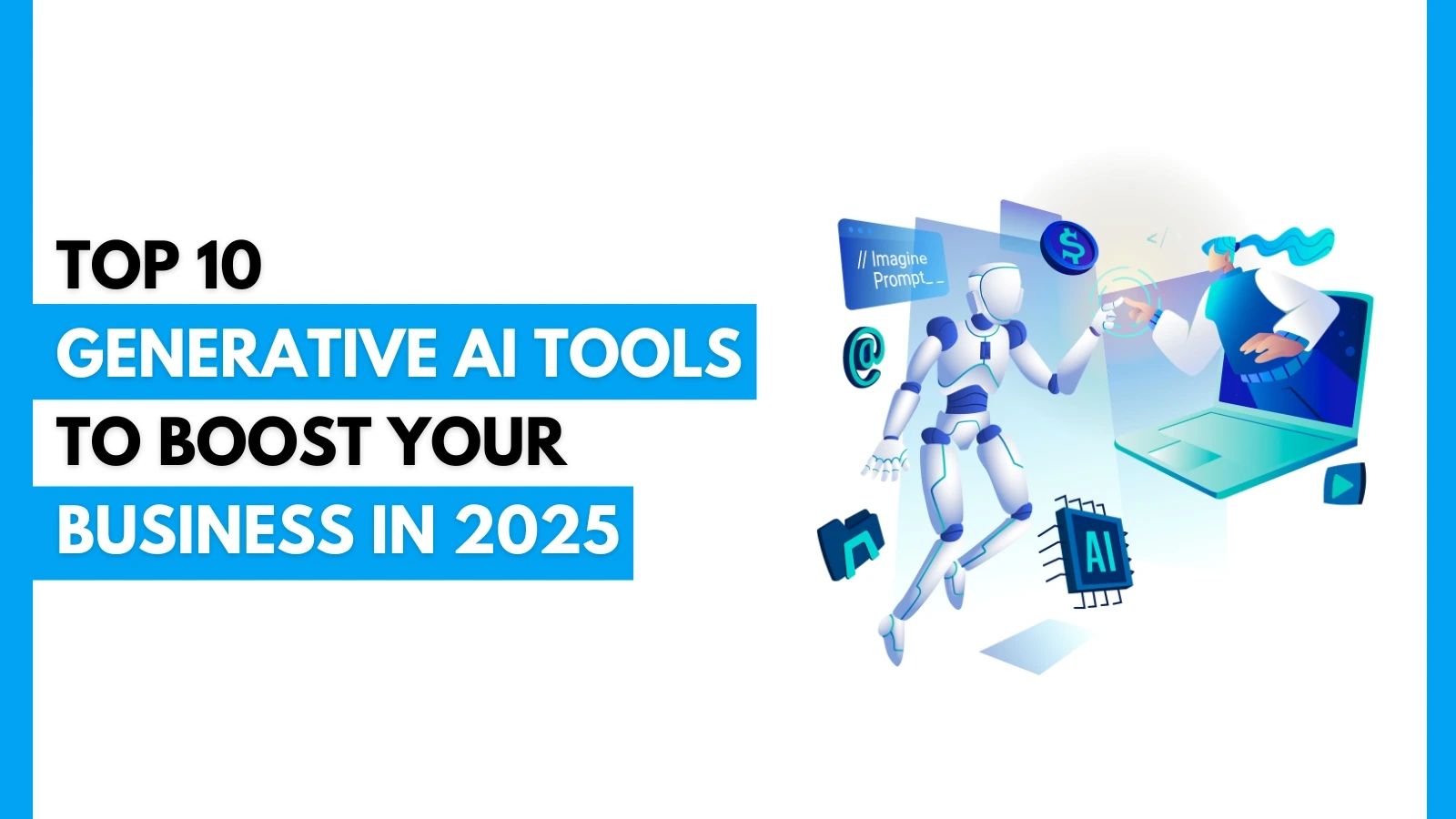
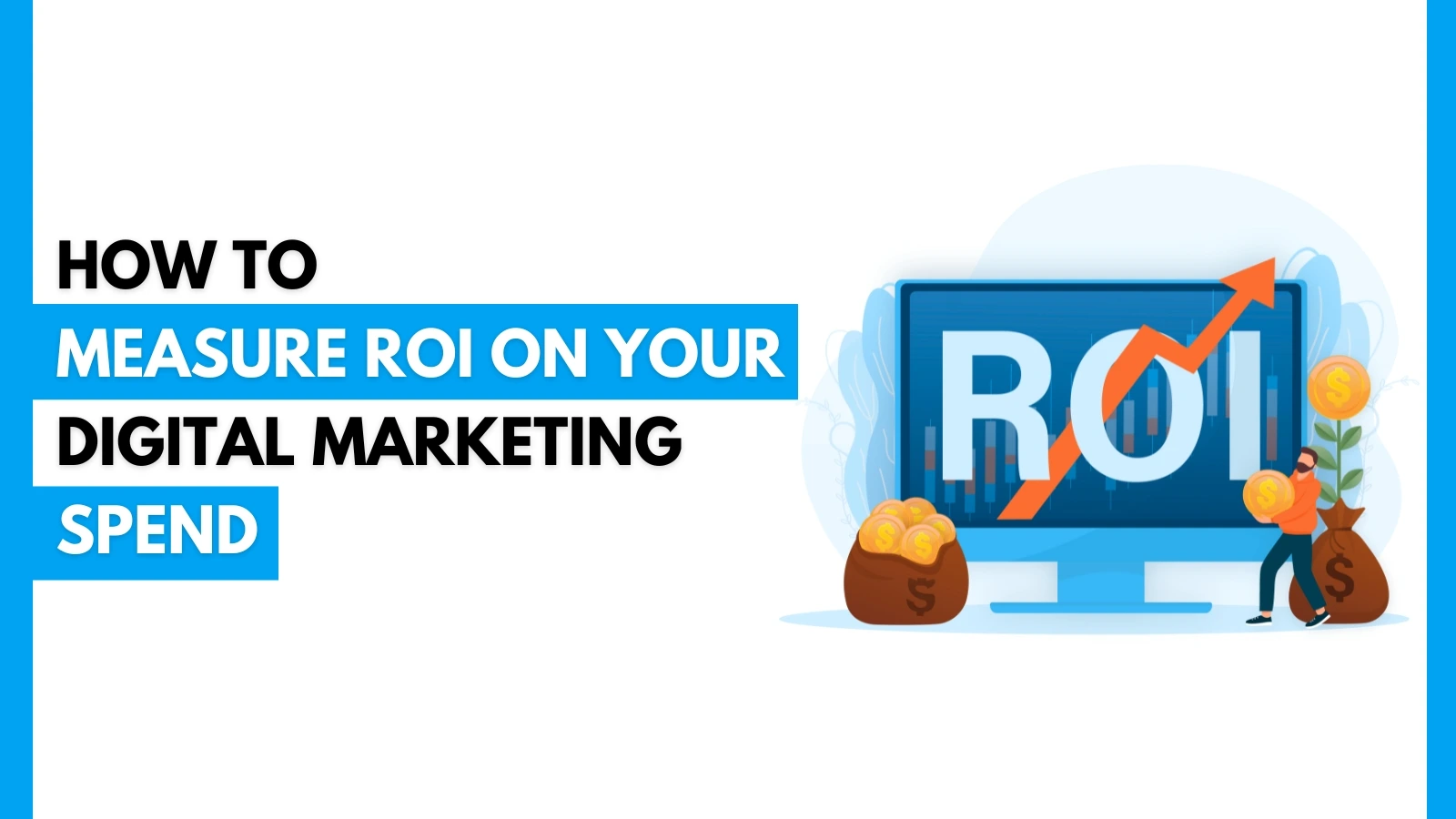
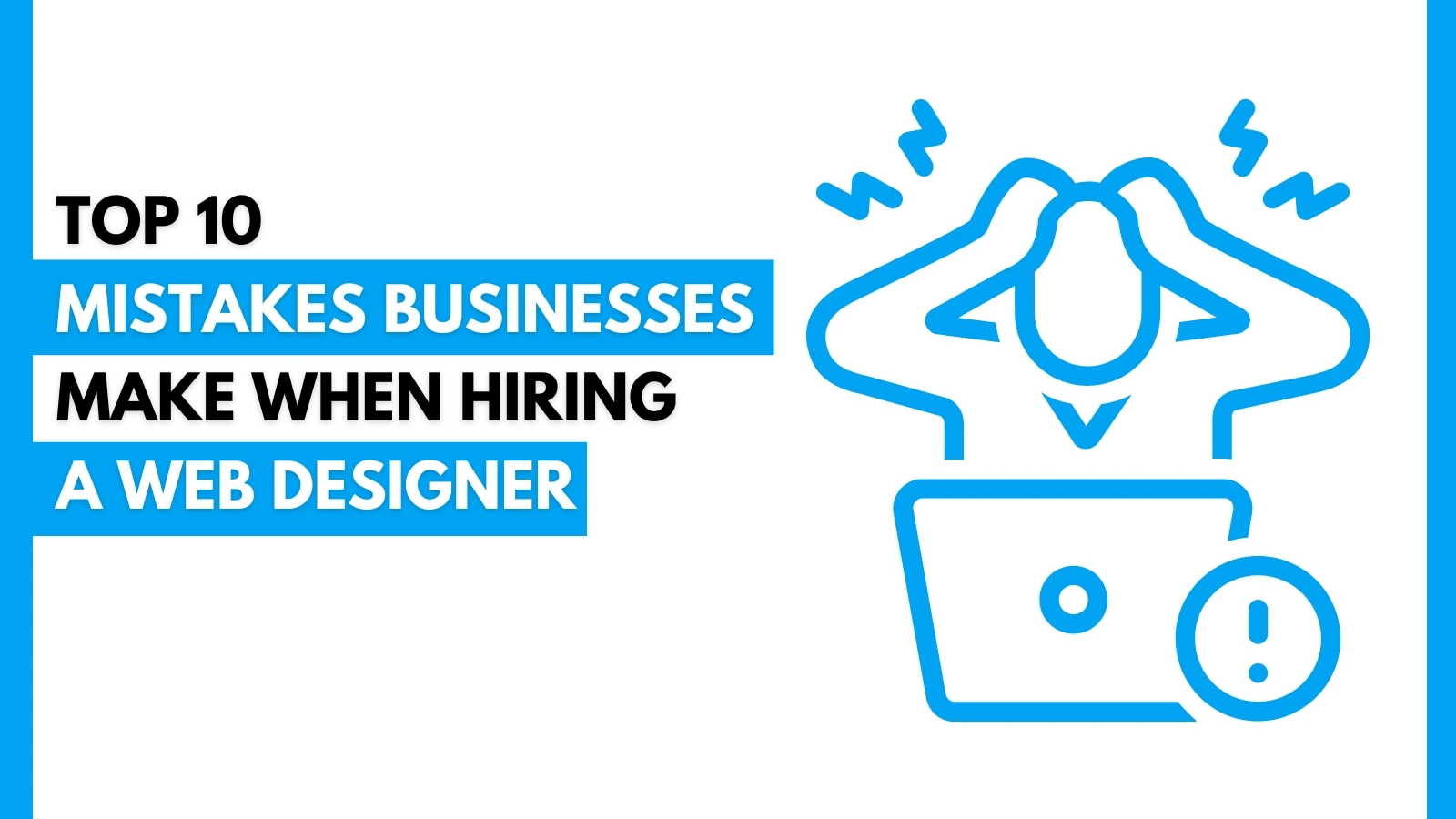
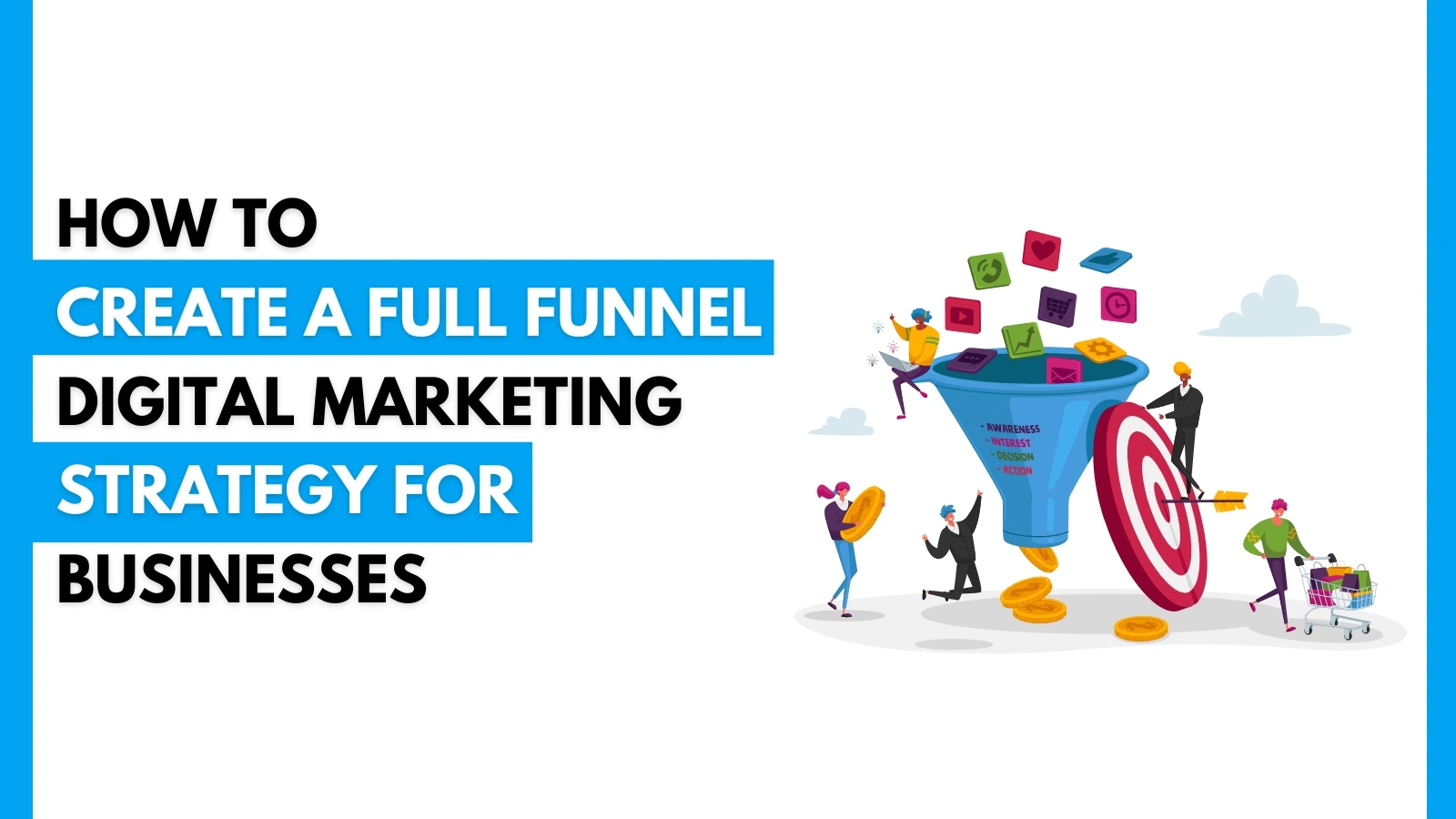
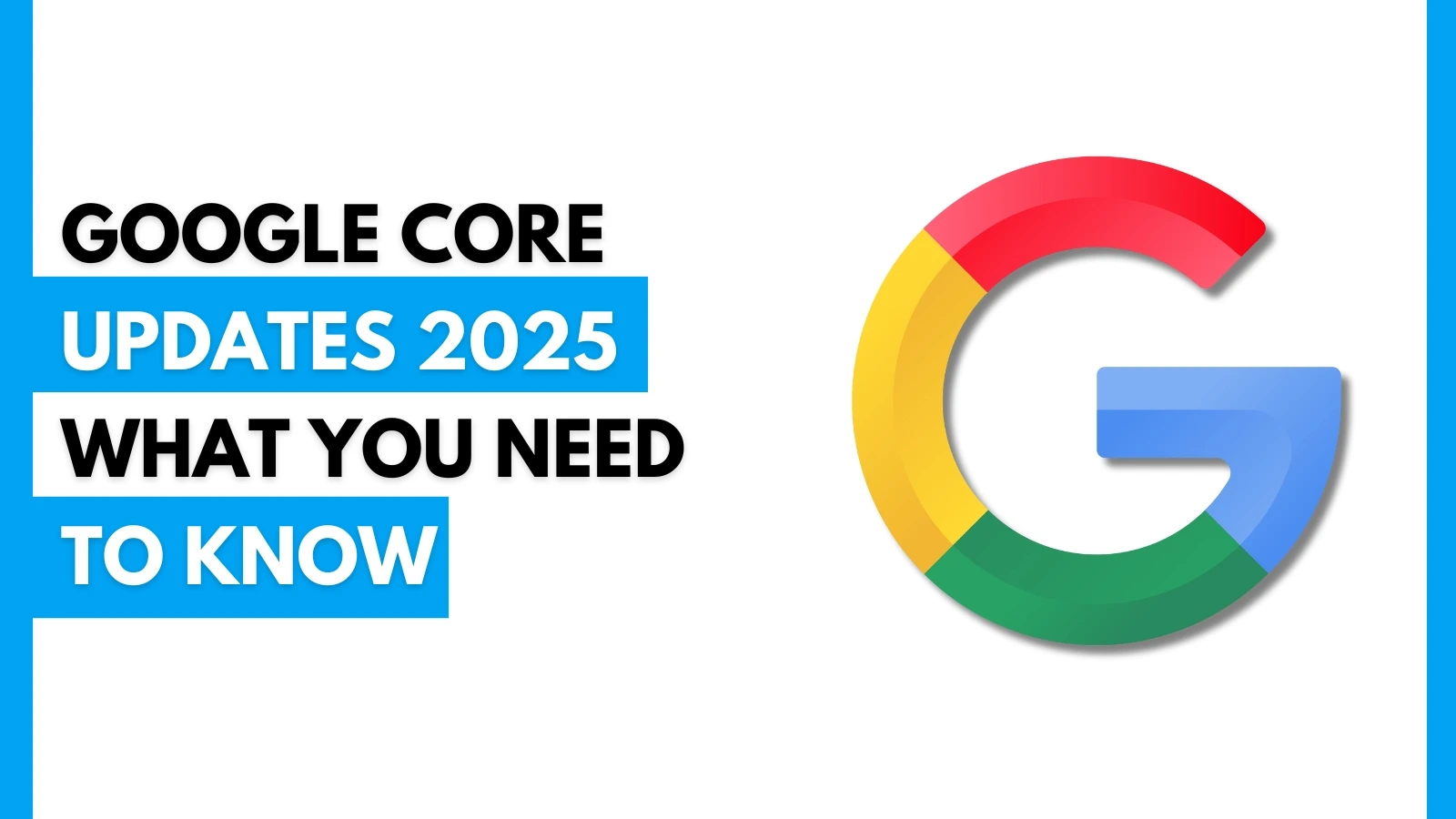
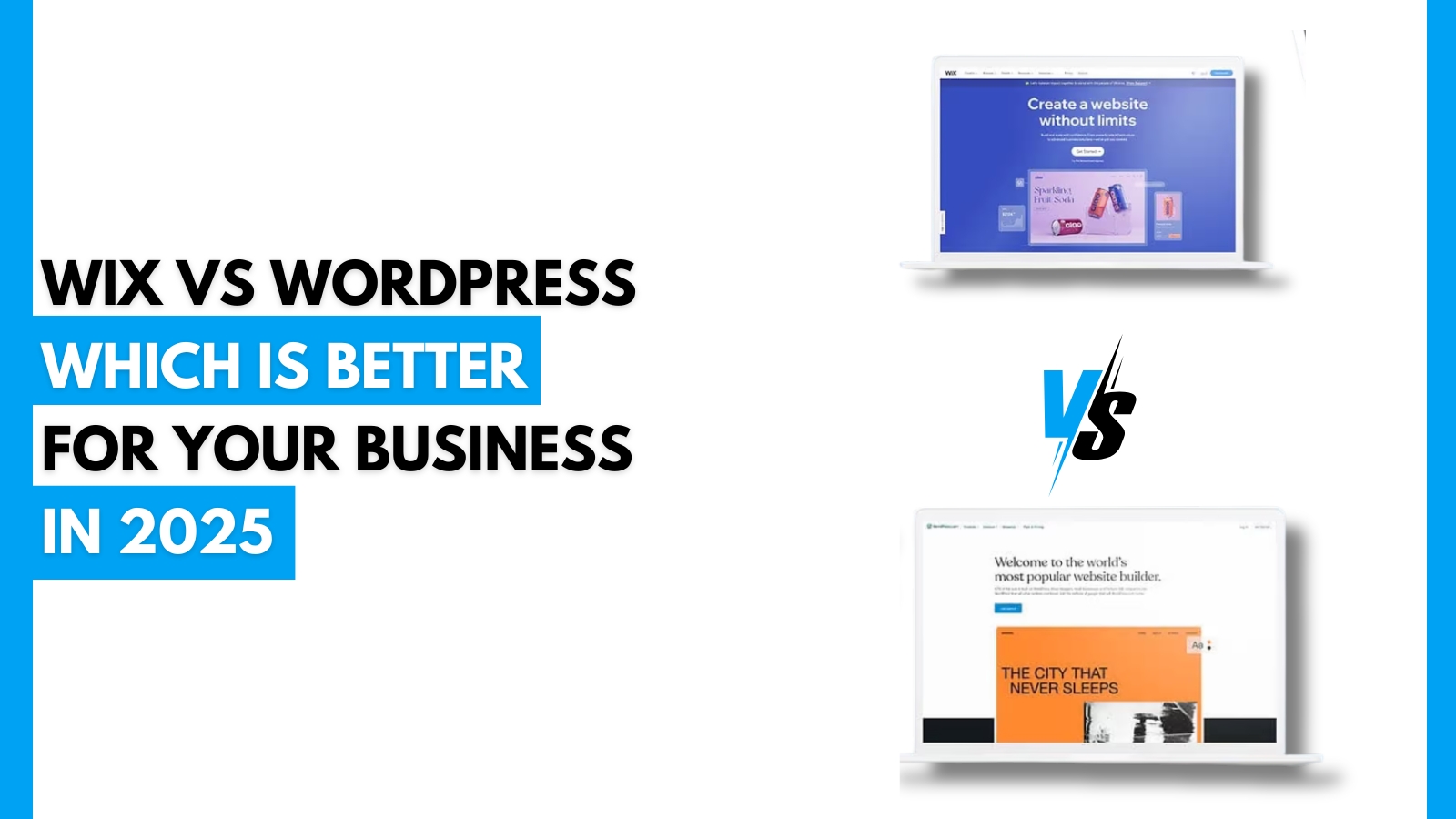




.webp)






















 A Complete Guide.webp)











































.jpg)










 Efficiently.jpg)
.jpg)
























.jpg)
.jpg)
























.jpg)


















.jpg)
.jpg)




























.webp)





.jpg)


















 Campaign.jpg)




.jpg)

.jpg)

.png)



.jpg)



.jpg)
.jpg)
.jpg)



.jpg)








.png)
.jpg)




.jpg)

.jpg)
.jpg)


.jpg)


.jpg)



.jpg)





















.jpg)














.png)




















.jpg)






.png)

.png)



.png)

.png)
.png)



.png)
.png)
.png)
.png)
.png)

.png)
.png)
.png)
.png)
.png)
.png)
.png)
.png)
.png)
.png)
.png)

.png)
.png)
.png)
.png)
.png)
.png)
.png)
.png)
.png)



.png)
.png)
.png)

.png)
.png)
.png)
.png)
.png)
.png)
.png)
.png)
.png)
.png)
.png)
.png)
.png)
.png)
.png)
.png)
.png)
.png)
.png)
.png)
.png)
.png)
.png)
.png)
.png)
.png)
.png)
.png)
.png)
.png)
.png)


.png)
.png)

.png)
.png)
.png)
.png)
.png)
.png)
.png)
.png)
.png)
.png)
.png)
.png)
.png)
.png)
.png)
.png)
.png)
.png)
.png)
.png)

.png)
.png)
.png)

.png)
.png)
.png)
 (1).png)
.png)
.png)
.png)
.png)
.png)
.png)
.png)
.png)

.png)

.png)
.png)
.png)
.png)
.png)
.png)
.png)

.png)
.png)
.png)
.png)
.png)
.png)
.png)
.png)
.png)
.png)
.png)
.png)
.png)
.png)
.png)
.png)


.png)
.png)
.png)
.png)
.png)
.png)
.png)

.png)
.png)
.png)
.png)
.png)
.png)
.png)
.png)
.png)

.png)
.png)

.png)
.png)
.png)

.png)
.png)
.png)

.png)
.png)
.png)
.png)
.png)
.png)
.png)
.png)
.png)
.png)
.png)
.png)
.png)
.png)
.png)
.png)
.png)
.png)
.png)